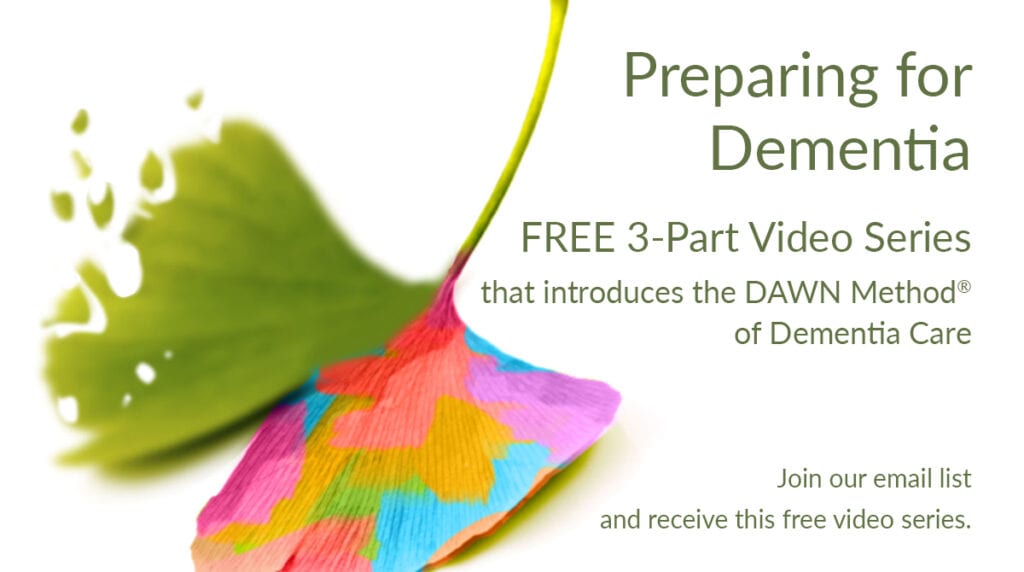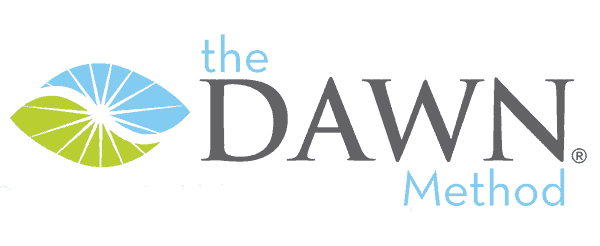When I first start talking with families about a loved one who’s showing signs of dementia, they often are very concerned about what type of dementia their loved one might be developing. Sometimes families will spend a great deal of time and money on trying to identify exactly which form of dementia they are facing. My first question to them is always, why do you need to know?
Dementia is not a treatable disease, it’s a condition
I think that we believe a specific diagnosis is needed because we have mistaken the condition dementia for a disease. Dementia isn’t a disease—it’s a condition that results from a number of diseases. And as a condition, it’s not one that we can treat or cure at present. When something can’t be cured, it makes more sense to identify the skills the person retains rather than the skills their lose, so we can help them live more comfortably.
If it were a disease, we would want to focus on what’s wrong so we could make educated and appropriate decisions regarding treatment. For example, if I found out I had cancer, I would want to know what type, how far it had progressed, exactly where it was growing, and all of my treatment options in detail. I would need all that information to make a wise decision about which treatments to pursue. The goal with diagnosis is to isolate the best treatment.
With dementia, and no treatments or cures, we need to focus the person, and on learning how to maximize his or her quality of life, comfort, safety and well-being.
Accept dementia as a condition and focus on the skills retained
Here at DAWN, our dementia clients have come to us with a variety of dementia diagnoses. Of course, the most prevalent has been the dementia that results from Alzheimer’s disease, but we also have seen vascular, mixed, frontal lobe, normal pressure hydrocephalus, Parkinson’s, Korsakoff syndrome and dementia that follows earlier traumatic brain injuries. Regardless of the type of dementia, when we focus on the person and understand the pattern of skills lost and retained, the caregiving relationship becomes positive and companionable.
My goal has always been to help my neighbors (who became my clients) find ways to continue living at home with as much enjoyment and fulfillment as possible. When I turned to books on dementia and dementia care, I found a lot of supportive advice and commiseration—and the belief that dementia-related behaviors were unavoidable and inexplicable. It sounded like using drugs and locked doors were the only recourse, but I still wanted to find a way to make life better for these people I’d grown to love.
Recognize that the condition of dementia causes emotional distress
So, although the way they acted seemed random and unpredictable at first, I stayed focused on their emotional distress. Emotions cause our actions and reactions; if I could find a pattern of emotional needs, I knew I could help my clients feel more comfortable. What I found were three specific security needs and four well-being needs. The DAWN Method teaches families to recognize and meet these needs.
Once I began responding to my clients’ emotional needs, I began to see their abilities and disabilities in patterns also. It didn’t matter whether they had dementia due to Parkinson’s or an earlier head injury or Alzheimer’s, they were losing rational thought but not intuitive thought, and the remembering self but not the experiential self, and mindfulness but not mindlessness.
When we are responding to a condition, we need to provide care. Conditions are something we must learn to live with. Care supports the whole person, not just physical health.
§
Sign up for our newsletter and free video series
Sign up for our monthly newsletter and get more advice on how to help someone experiencing dementia. As a bonus, you’ll get our free video series, “Preparing for Dementia.”


